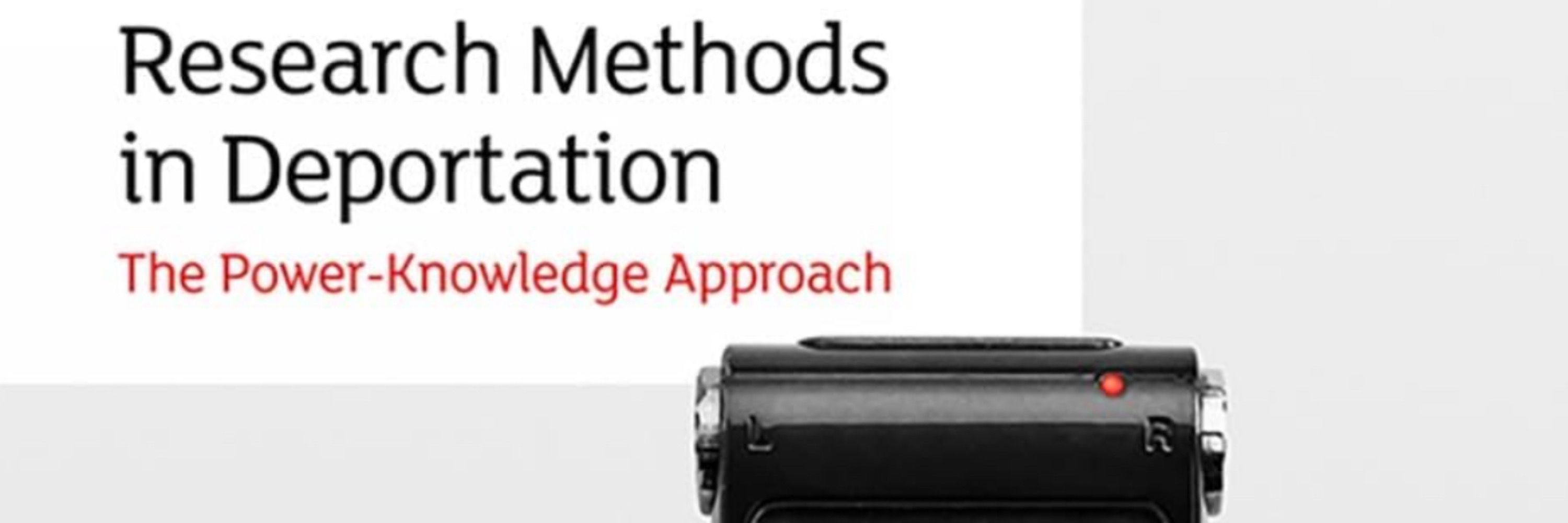

radziwinowiczowna.org/research/#uk...
radziwinowiczowna.org/research/#uk...
EU citizens returned from airports and ports are often the people who did not secure a status under the EUSS, who were refused it. Some of them are new, post-Brexit arrivals suspected of coming to the UK to work without visa.
EU citizens returned from airports and ports are often the people who did not secure a status under the EUSS, who were refused it. Some of them are new, post-Brexit arrivals suspected of coming to the UK to work without visa.
/11
/11
· The rough sleeping rule (2020)
· Disclose of criminal convictions in EUSS applications
10/
· The rough sleeping rule (2020)
· Disclose of criminal convictions in EUSS applications
10/
9/
9/
8/
onlinelibrary.wiley.com/doi/full/10....

8/
onlinelibrary.wiley.com/doi/full/10....
7/
7/
6/
6/
Who was deported? The most excluded. The people who couldn't afford an attorney (legal aid in deportation cases is not available), people with poor English who did not understand the documents they signed (see 9/)
5/
Who was deported? The most excluded. The people who couldn't afford an attorney (legal aid in deportation cases is not available), people with poor English who did not understand the documents they signed (see 9/)
5/

